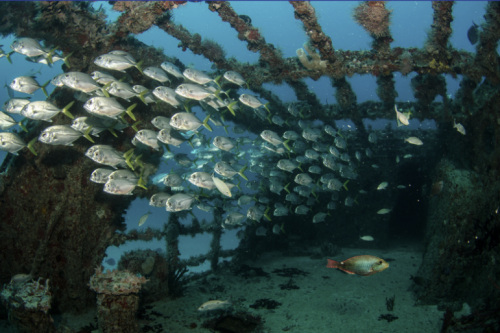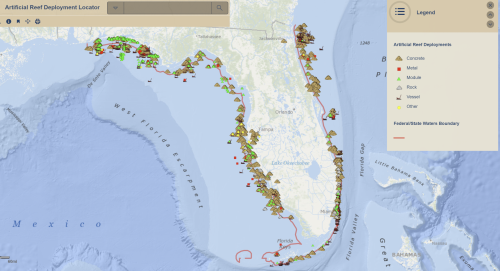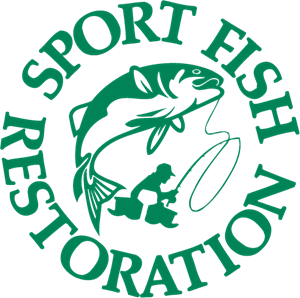What is it?
Artificial Reefs are human-made features that provide structure on the sea floor, mimicking a natural reef. They provide shelter and space for aquatic life to grow on or around. Shipwrecks are the most common form of artificial reef. While sunken ships, oil rigs, and other human-made structures can function as artificial reefs, marine researchers plan and deploy artificial reefs specially designed to function as a base for aquatic life to grow on. Typically made of steel, rock, concrete, or limestone, these structures are built as permanent additions to an ecosystem.
Why it matters
 In Florida, there are over 4,300 artificial reefs, constructed and monitored by local governments, nonprofits, and state universities. This is larger than any other Gulf or Atlantic coastal state in the United States.
In Florida, there are over 4,300 artificial reefs, constructed and monitored by local governments, nonprofits, and state universities. This is larger than any other Gulf or Atlantic coastal state in the United States.
Artificial reefs support coastal communities and increase aquatic organism populations. This benefits not only the ecosystem but also the economic well-being of the local fishing industry. In addition to the fishing industry, the presence of higher fish populations and marine biodiversity brings recreational diving and snorkeling traffic, thereby supporting the tourism industry.
It can also be a physical barrier to protect against coastal erosion and storm-surge or wave action. A rugged seafloor with vertical structure breaks up wave strength, limiting the damage that occurs during tropical storms and hurricanes.
What you can do
There is an Artificial Reef program run by the Florida Fish and Wildlife Conservation Commission (FWC). You can support the program by donating to their page and attending workshops coordinated by the FWC and Florida Sea Grant. FWC also provides an online interactive map for navigating Florida’s artificial reefs!

Additionally, if you are an avid fisher, look for the symbol below when purchasing fishing equipment! A percentage of your purchase will go to the U.S. Fish and Wildlife Sport Fish Restoration and the State of Florida’s Marine Trust Conservation Fund to support the construction and management of Artificial Reefs. By learning about and supporting the research and development of artificial reefs, you are supporting the marine life in Florida!

Information from NOAA, FWC, and IFAS. Image from FWC Artificial Reef Interactive Map.